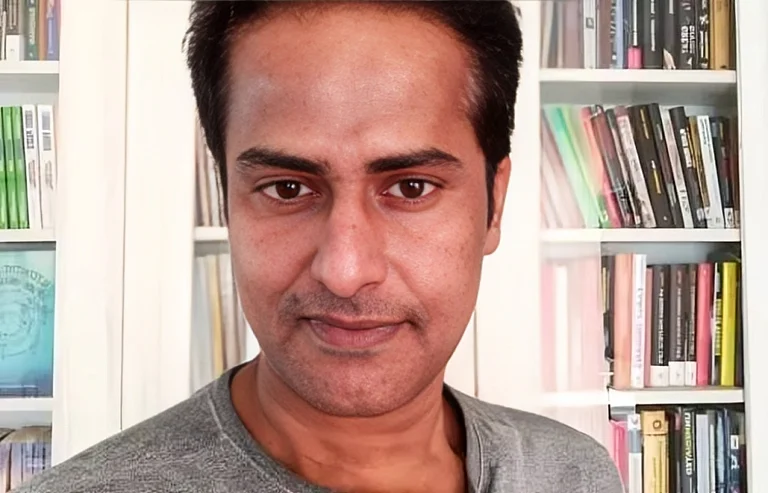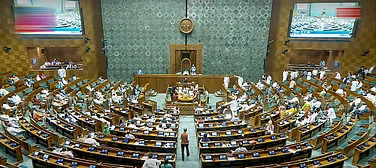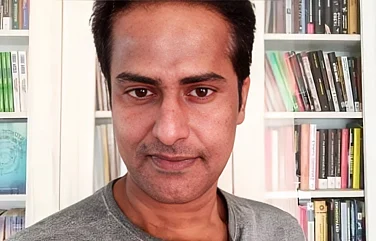The Aam Aadmi Party on Thursday alleged there was a "political conspiracy" behind the Enforcement Directorate's summons to Delhi Chief Minister Arvind Kejriwal and claimed that opposition leaders were being deliberately targeted.
Kejriwal, who is also the AAP national convener, on Thursday did not appear before the Enforcement Directorate (ED) for questioning in the Delhi excise policy-linked case and wrote to the agency demanding the withdrawal of the notice summoning him, claiming it was "illegal and politically motivated".
According to official sources, the ED is now expected to issue fresh summons to him. Earlier in the day, a party source said Kejriwal will go to Madhya Pradesh's Singrauli where he will take part in a roadshow along with Punjab Chief Minister Bhagwant Mann.
Addressing a press conference, AAP leader Saurabh Bharadwaj said, "Today, the Delhi chief minister was asked to appear before the ED. He wrote to the ED, saying the summons does not make it clear in which capacity he is being called -- as a witness or as a suspect, in his capacity as an individual, chief minister or AAP national convener."
"How did BJP MP Manoj Tiwari in his interviews with a news agency say that Kejriwal will be arrested? This means that this is a political conspiracy. There are five states where elections are happening and being the national convener, Kejriwal has to go for campaigning," said Bharadwaj, a cabinet minister in the Delhi government.
Bharadwaj alleged that it was a "political conspiracy" by the BJP and claimed that they were targeting leaders from opposition parties.
The AAP had claimed that Kejriwal would be the first to be arrested as part of the BJP's plan to target top INDIA alliance leaders ahead of the 2024 Lok Sabha polls and the ED summons were an attempt to finish the party that is in power in Delhi and Punjab.
Kejriwal's party colleagues Manish Sisodia and Sanjay Singh are in judicial custody in the Delhi excise policy scam case.
It is alleged that the Delhi government's excise policy for 2021-22 to grant licences to liquor traders allowed cartelisation and favoured certain dealers who had allegedly paid bribes for it, a charge repeatedly refuted by the AAP.
The policy was subsequently scrapped and the Delhi lieutenant governor recommended a CBI probe, following which the ED registered a case under the Prevention of Money Laundering Act.


























